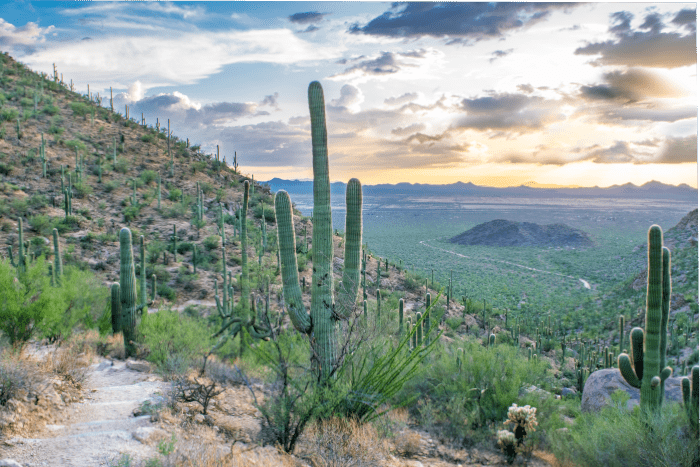
Anxiety, tachycardia, full body tremors, wacky hallucinations, psychosis, and cacti: oh my!
(Wait–what the heck is tachycardia? It’s a fancy word for rapid heart rate.)
These, minus cacti of course, are just a few of the effects of mescaline.
That’s right, mescaline: the hallucinogenic drug derived from cactus plants in the southwest of the United States. It has the power to temporarily change our brain chemistry in surreal ways.
If you’re curious about this little-discussed substance–or you suspect that someone you love may be abusing it–this is the post for you.
What is Mescaline?
Mescaline, also known as peyote, is legal for use in Native American religious ceremonies but otherwise illegal in the United States. Many social psychedelic drug circles revere magic mushrooms, marijuana, and mescaline–or psychedelic cacti–considering all holy plants. Some people even see mescaline as a gift from God.
Because mescaline is considered to be natural–unlike synthesized recreational drugs such as MDMA, cocaine, or meth, which are often concocted in laboratories–people often don’t report bad experiences. Instead, they try to manage unpleasant side effects without professional care.
What Are the Effects of Mescaline Use?
Mescaline alters one’s state of consciousness. Users report a dreamlike state, with feelings of heightened enjoyment and euphoria. Hallucinations and distorted perceptions of time are possible, as well.
Not all of the effects are euphoric, however. Agitation and mood swings can also result.
Is Mescaline Addictive?
Research does not yet show that mescaline is addictive, but users do develop tolerance–and quickly. When someone builds tolerance to a substance, it means they need to take more of the drug to feel its effects.
The danger of mescaline use is in its hallucinogenic effects on the brain. When our sense of reality is distorted, we can have accidents operating heavy machinery, escalate tense situations if we interpret them incorrectly, wander into dangerous places or situations, or be unable to make sensible, safe decisions that keep us and others out of harm’s way.
If you think a loved one, friend, or family member may be in mescaline’s grip, look for the following signs:
- Sleeping problems
- Flushed skin
- Hallucinations & poor coordination
- Headaches
- Increased energy levels & lack of appetite
- Nausea or vomiting
If these signs frequently appear, it’s possible that mescaline is being abused.
Officially, mescaline has no withdrawal symptoms. The body expels it without much fight. However, when a person is using the drug to escape psychological trauma and pain, mescaline can easily become a gateway drug, leading to the use of more dangerous drugs like heroin, crack, or cocaine.
We Are Here to Help
Here at Great Oaks Recovery Center, we center our individual counseling on helping clients work through the trauma or pain that led to their drug or alcohol use and addiction. If you or a loved one are suffering from your use of alcohol or any drug, don’t hesitate to contact us with questions or concerns. We are here to help you face what scares you so that you can find your path to wholeness.



